If you are looking for online resources, there are several to consider (at least in 2017; the OP is dated 2010).
Semantic Link (http://www.semantic-link.com): The creator of Semantic Link offers an interface to the results of a computation of a metric called "mutual information" on pairs of words over all of English Wikipedia. Only words occurring more than 1000 times in Wikipedia are available.
"Dog" gets you, for example: purebred, breeds, canine, pet, puppies.
It seems, however, you are really looking for an online tool that gives hyponyms and hypernyms. From the Wikipedia page for "Hyponymy and hypernymy":
In linguistics, a hyponym (from Greek hupó, "under" and ónoma, "name") is a word or phrase whose semantic field is included within that of another word, its hyperonym or hypernym (from Greek hupér, "over" and ónoma, "name") . In simpler terms, a hyponym shares a type-of relationship with its hypernym. For example, pigeon, crow, eagle and seagull are all hyponyms of bird (their hyperonym); which, in turn, is a hyponym of animal.
WordNet(https://wordnet.princeton.edu) has this information and has an online search tool. With this tool, if you enter a word, you'll get one or more entries with an "S" beside them. If you click the "S", you can browse the "Synset (semantic) relations" of the word with that meaning or usage and this includes direct hyper- and hyponyms. It's incredibly rich!
For example: "dog" (as in "domestic dog") --> "canine" --> "carnivore" --> "placental mammal" --> "vertebrate" --> "chordate" --> etc. or "dog" --> "domestic animal" --> "animal" --> "organism" --> "living thing" -->
There is also WordNik which lists hypernyms and reverse dictionary words (words with the given word in their definition). Hypernyms for "France" include "european country/nation" and reverse dictionary includes regions and cities in France, names of certain rulers, etc.. "Dog" gets the hypernym "domesticated animal" (and others).
